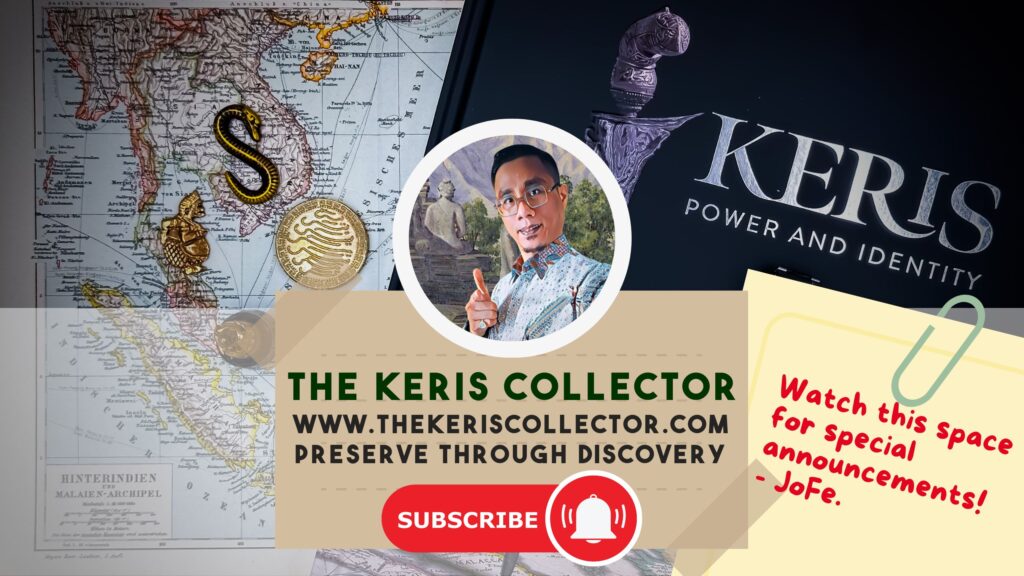Sustain Interest Through Collaborations
Cultural expressions passed down from one generation to another, evolves in response to environments and contribute to giving us a sense of identity
and continuity…
Intangible cultural heritage is dependant on those whose knowledge of
traditions, skills and customs are
passed on to the rest of the community.
What is Intangible Cultural Heritage?
The Benefits of Sharing And Collaborating
Any successful endeavour, be it big or small, has one thing at its core: effective collaboration. Deliverables are achieved through knowledge sharing. No one person may boldly claim to be a master of many skills, talents and knowledge.
The adage old saying
“KNOWLEDGE IS POWER”
is dead.
“SHARING AND COLLABORATING”
is a more effective direction to ensure sustainability and growth.
Safeguarding a living heritage
Just like culture in general, intangible heritage is constantly changing and evolving, and being enriched by each new generation. Many expressions and manifestations of intangible cultural heritage are under threat, endangered by globalization and cultural homogenisation, and also by a lack of support, appreciation and understanding. If intangible cultural heritage is not nurtured, it risks becoming lost forever, or frozen as a practice belonging to the past.
Communities themselves must take part in identifying and
defining intangible cultural heritage: they are the ones
deciding which practices are part of their cultural heritage.
Preserving this heritage and passing it on to future generations strengthens it, and keeps it alive while allowing for it to change and adapt.
In order to safeguard intangible cultural heritage, we need different measures from the ones used for conserving monuments, sites and natural spaces. For intangible to be kept alive, it must remain relevant to a culture and be regularly practised and learned within communities and between generations.
The Keris Collector, welcomes initiatives and invitations for potential collaboration with any individuals or organisations with common ground and standing on matters pertaining to knowledge transfer and preservation. We look forward to share, learn and grow together as a community.
Interested? Questions? Do e-mail us at enquiry@thekeriscollector.com
References:
- Anon, (2017). [online] Available at: https://drive.google.com/open?id=0B2mH9Jf9FQh8WmZhanFOQmlBc3c [Accessed 30 Aug. 2017].
- Cherbel, V. (2017). 10 Reasons To Share Knowledge – Quandora. [online] Quandora. Available at: http://www.quandora.com/10-reasons-to-share-knowledge/ [Accessed 30 Aug. 2017].

